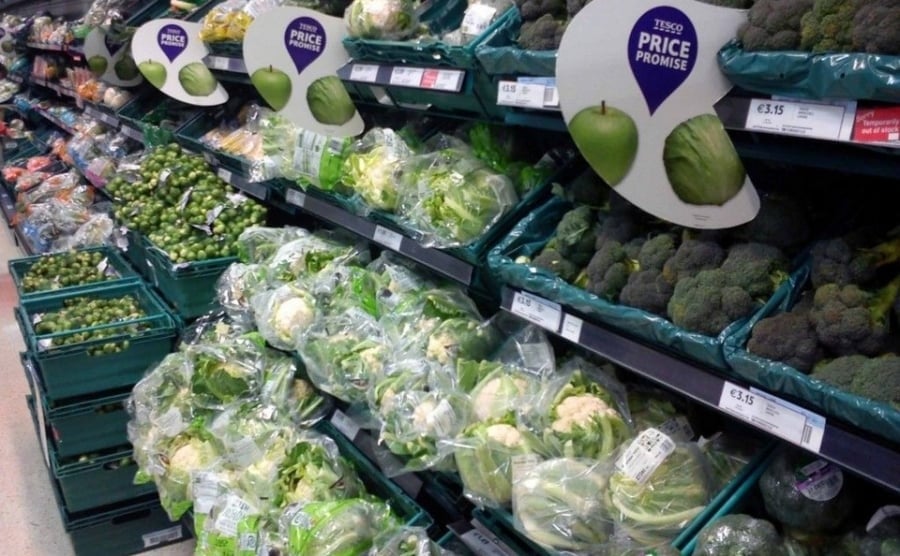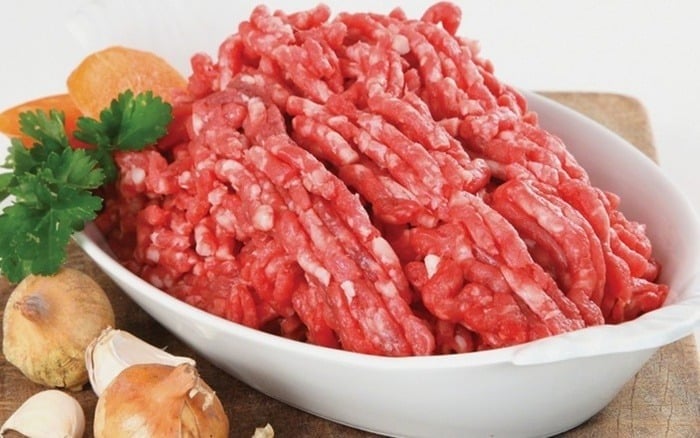Supermarkets often lure customers with discounted items, and it’s only natural to feel thrilled about the prospect of saving money. However, not all deals are created equal. Being vigilant is key to avoiding promotional traps and making the most of your grocery runs.
Pre-cut Fruits – Convenience with a Catch
Pre-cut fruits in neat little packages are a common sight in supermarkets, tempting shoppers with their aesthetic appeal and promise of instant gratification. But there’s a flip side. These fruits are often the remnants of bruised or slightly damaged produce, and only the intact pieces make it to the shelves. While they appear fresh and convenient, their flavor may be compromised due to prior handling and storage.

Discounted Milk – A Timely Decision
Supermarkets often run promotions on milk, offering attractive deals like discounts or buy-one-get-one-free offers. However, discounted milk usually has a shorter shelf life. Unless you can consume it promptly, buying in moderate quantities is advisable to prevent waste.
Off-season Produce – A Pricey Affair
Off-season produce is available year-round but tends to be significantly pricier than in-season fruits and vegetables. When considering off-season options, weigh the cost against the quality and nutritional value. In-season produce is not only more affordable but also fresher and packed with more nutrients, so choose wisely for a healthier and more economical meal.
Frozen Seafood Sales – A Matter of Quality
Reduced prices on frozen seafood might seem like a great bargain, but these items may have been stored for a while, affecting the texture and nutritional content. Always check production and expiration dates to ensure you’re getting safe and fresh seafood.
Ground Meat – A Convenient Mystery
Ground meat saves time in meal prep, but it’s often a mystery what cuts of meat are used and how fresh they are. Ground meat may be made from trimmings, fat, or unsold portions from the previous day. Checking the origin and production date is crucial to ensuring quality and safety.

Bottled Sauces – Convenience with a Cost
Bottled sauces, like barbecue marinades or salad dressings, are convenient, but they often contain preservatives and unhealthy ingredients. Making your own sauces at home is a cost-effective and healthier alternative, ensuring freshness and allowing you to control the ingredients.
Traditional Markets – A Cost-effective Option
Supermarket produce can be expensive, so consider shopping at traditional markets for fresh and affordable options. Supporting local farmers by buying directly from them not only saves you money but also contributes to the sustainability of local agriculture.



































